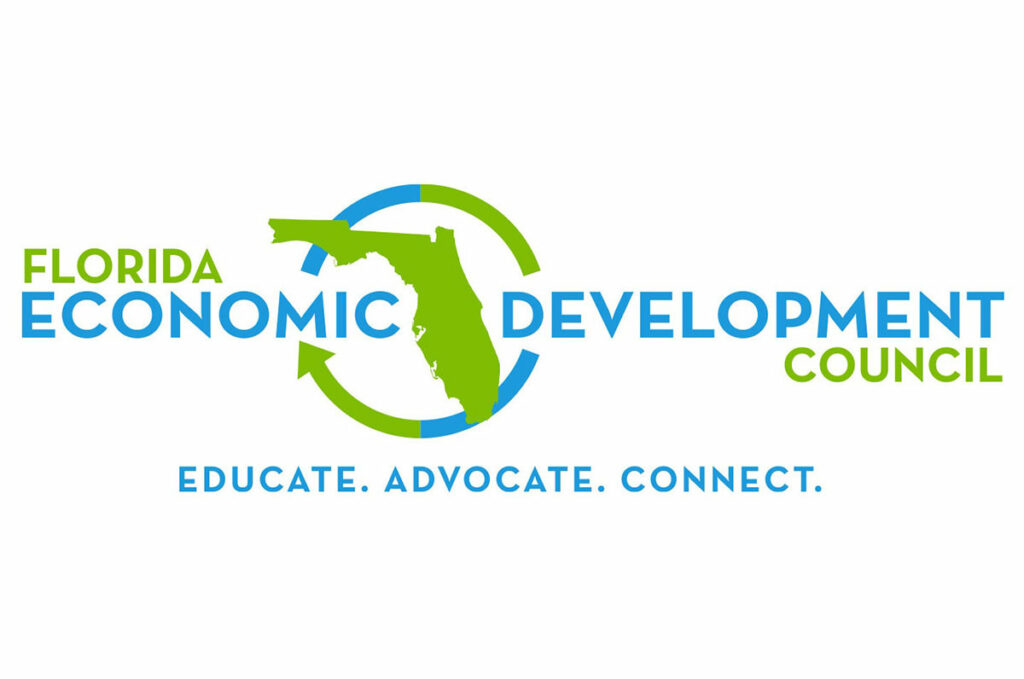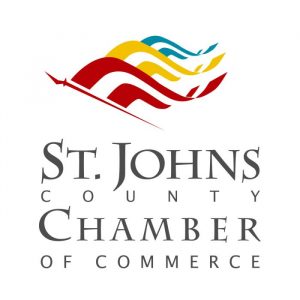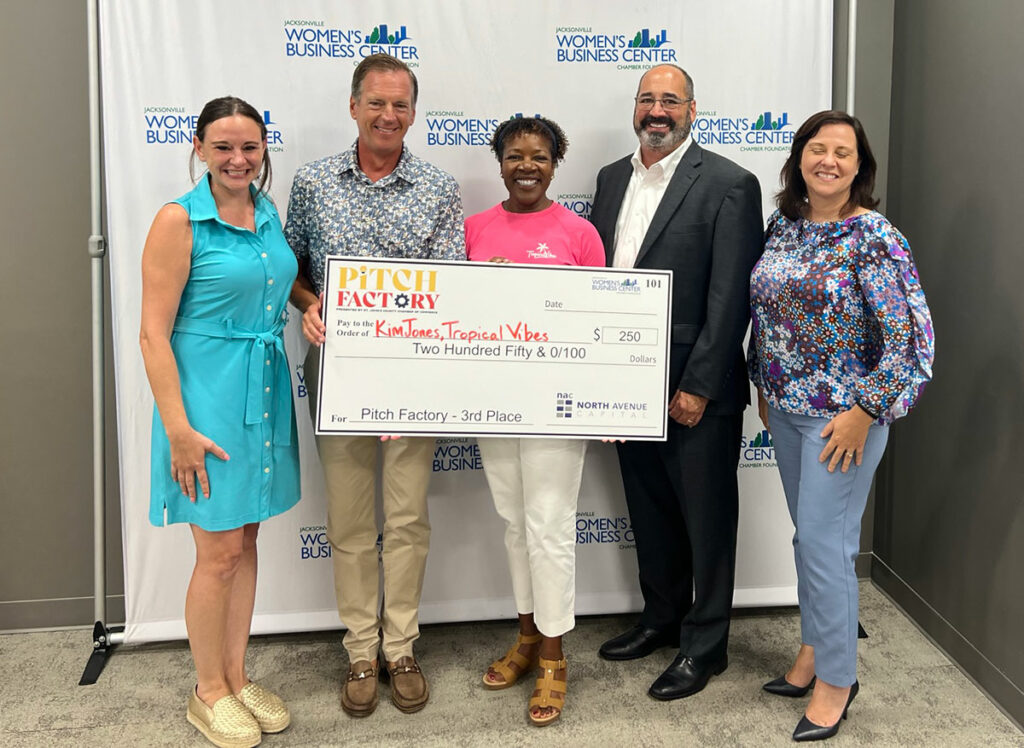FEDC Releases Legislative Update

Each year the Florida Economic Development Council establishes a list of legislative priorities. With the 2024 Legislative Session coming to a close, FEDC has released a recap of funding levels set for economic and workforce development as outlined in the FEDC 2024 Legislative Priorities.
- Florida Job Growth Grant Fund $75 million (non-recurring)
- Workforce Education Programs $100 million
- Economic Development Toolkit for Existing Obligations $24 million (non-recurring)
- Visit Florida $80 million (recurring)
- Quick Response Training Grant $7,500,000
- Incumbent Worker Training Grant $3,000,000 (SB 1420 designates eligibility for non-profit or local government health care facilities that provide allied health care opportunities. If signed by Governor DeSantis, these priorities will be added to others under IWT.)
- Rural Infrastructure Fund $15 million (non-recurring) plus $5M for northwest Florida inland counties affected by Hurricane Michael
- Rural Toolkit Pilot Program $600,000
- Rural Regional Development Grant (SB 196/HB 141) PASSED
- Repeal of Local Business Tax (HB 609/SB 1144) Died in Committee
- Live Local 2.0 (HB 1239/SB 328) PASSED
- Affordable Housing Fully Funded
- SAIL $84M (non-recurring) plus $150M (recurring)
- SHIP $174M (non-recurring)
- Hometown Heroes Program $100M (non-recurring)
- Business Rent Tax
- Reduction of 1 point on December 1, 2023 from 5.5% to 4.5%
- The Unemployment Compensation Trust Fund is expected to reach a required pre-pandemic balance in April triggering a reduction from 4.5% to 2% beginning June 1, 2024.
- No new legislation regarding this tax was included in the 2024 Legislative Tax Package.
FEDC’s membership is comprised of 500 economic, workforce, and community developers and Florida business leaders from 250 entities committed to elevating Florida’s global competitiveness through workforce development, job creation, and capital investment in high wage, in-demand occupations that strengthen Florida’s rural, metropolitan, coastal, and inland communities and diversify Florida’s economy.









